Debt Settlement in Louisiana
Debt Settlement Experts
Are you drowning in debt and overwhelmed by constant stress? At Second Start Financial, we understand the challenges that come with excessive debt, and we’re here to help. We know that many hardworking Louisianans are struggling to keep up with credit card bills, medical expenses, and other unsecured debts, often due to circumstances beyond their control. That’s why we’re dedicated to providing personalized debt settlement services to help you achieve financial freedom. Our experienced professionals will work with you every step of the way to create a customized plan that fits your unique needs and goals. With our help, you can break free from the burden of debt and start building a brighter financial future.

How Professional Debt Settlement
Louisiana Can Help You

Avoid Bankruptcy
Prevent the long-term consequences of bankruptcy by settling your debts instead.
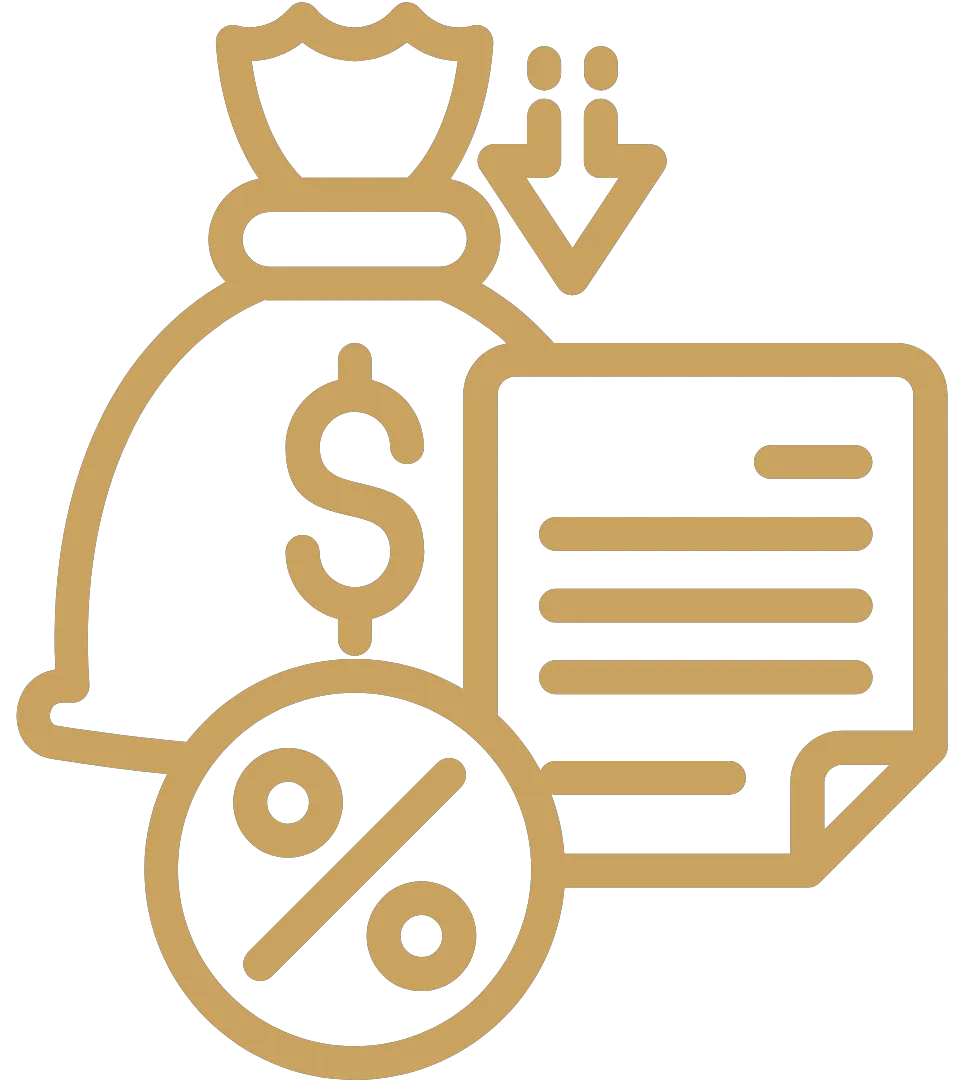
Lower Balances
Negotiate with creditors to reduce your outstanding balances and pay less than you owe.
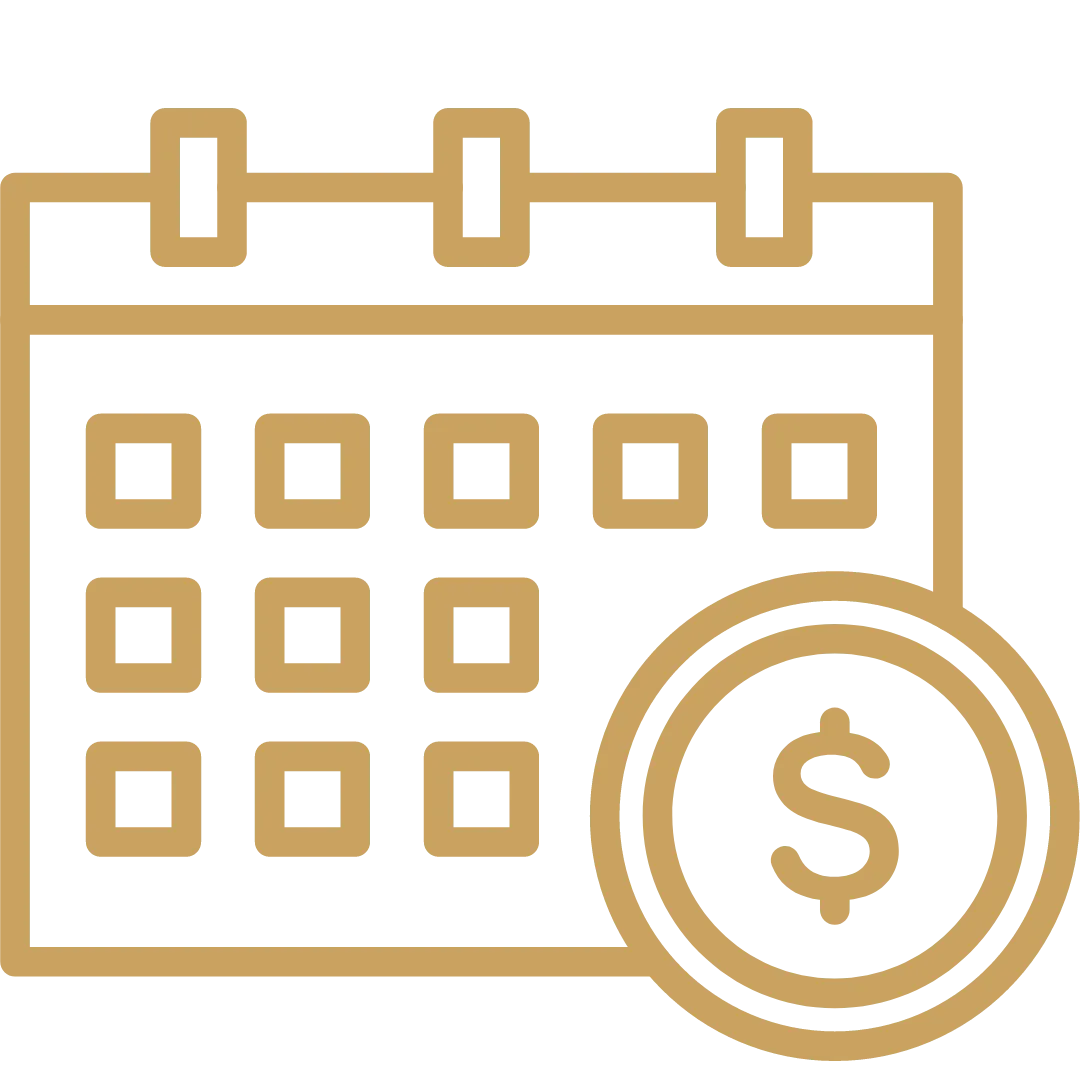
One Monthly Payment
Simplify your debt repayment process by making a single, affordable monthly payment.

Stop Collections
End harassing calls and letters from collection agencies by enrolling in a debt settlement program.
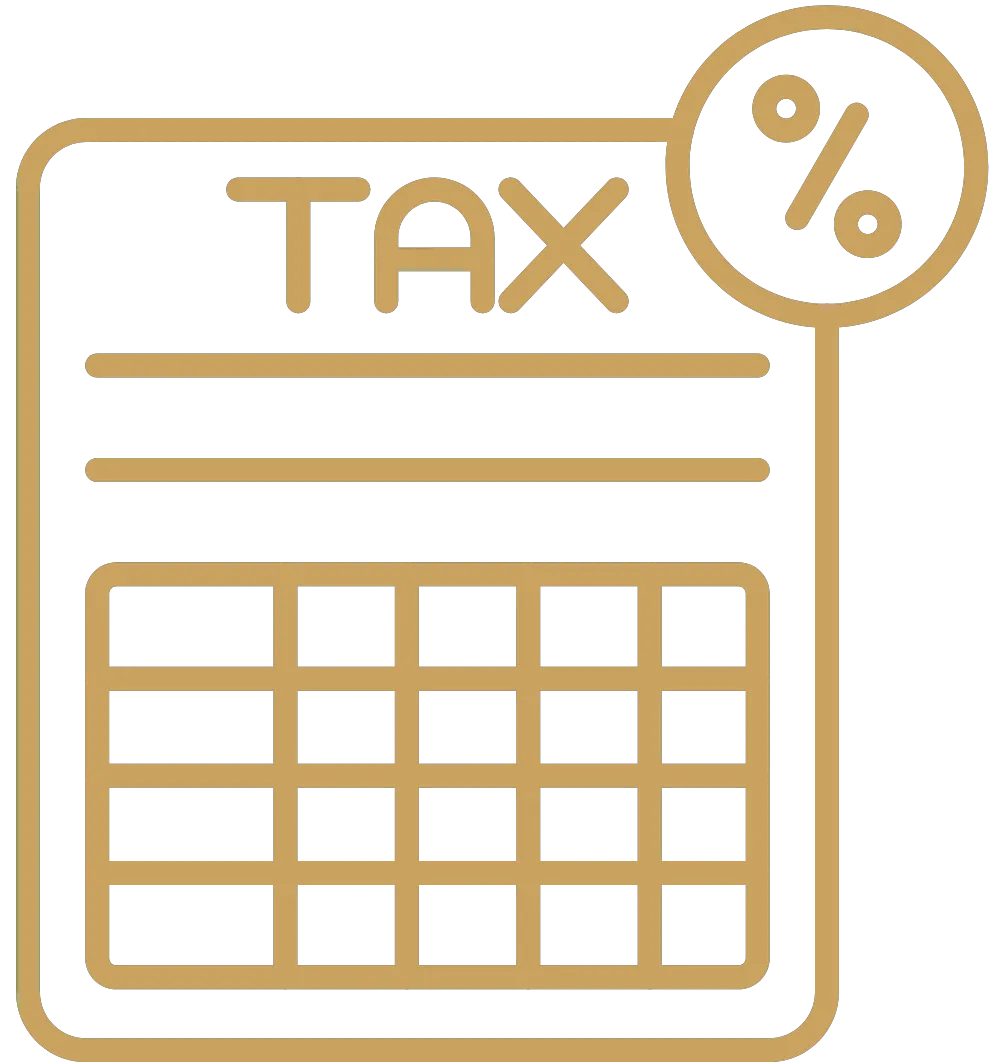
Tax Benefits
Understand the potential tax advantages of settling your debts for less than the full amount.
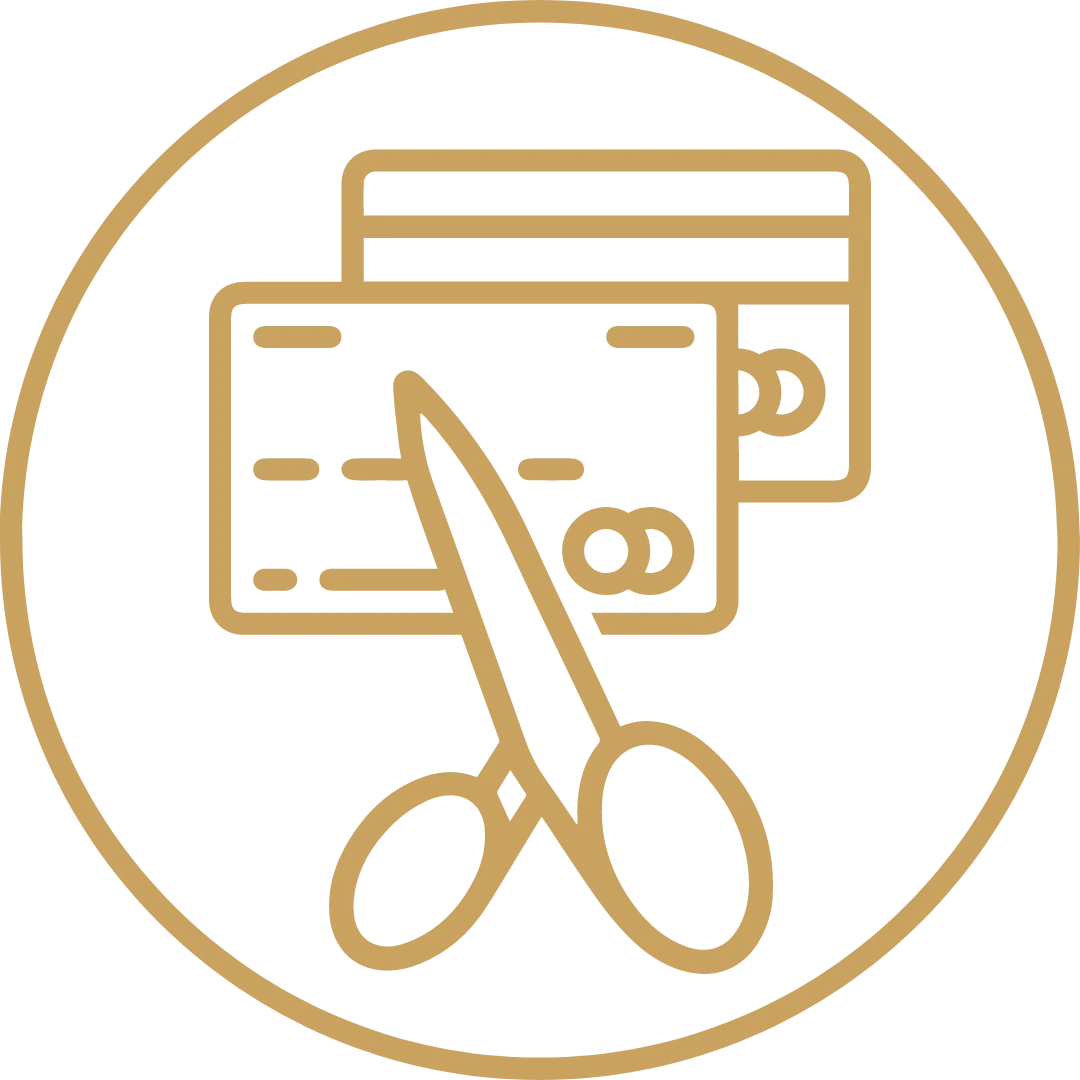
Become Debt-Free
Achieve financial freedom faster by resolving your debts through professional debt settlement services.

Our Proven Debt Settlement Process
At Second Start Financial, we follow a proven debt settlement process to help you achieve the best possible results. Here’s what you can expect:
1. Free Consultation: We’ll review your financial situation, explain your options, and determine if debt settlement is right for you.
2. Personalized Plan: We’ll create a customized debt settlement plan based on your unique circumstances, including your debt amount, income, and goals.
3. Dedicated Account: You’ll open a special account and make monthly deposits, which will be used to settle your debts.
4. Expert Negotiations: Our skilled negotiators will work with your creditors to achieve the lowest possible settlement amounts.
5. Debt Resolution: Once a settlement is reached, we’ll facilitate the payment to your creditor and ensure the debt is properly resolved.
BLOG
Our Latest Blogs

What Is A 401(k) and How Does It Work?
Saving for retirement is an important financial goal for most people. One of the most common ways to save for retirement in the United States is through a 401(k) plan. But what is a 401(k) and how does it work to help you save for the future? This article will explain the basics of 401(k) plans - what they are, how they operate, their benefits, and some things to consider when using them as part of your retirement savings strategy. Read on to learn more about how this popular retirement savings vehicle can work for you.
What Is A 401(k) Plan?
A 401(k) plan is a tax-advantaged employer-sponsored retirement savings account. The name comes from a section of the Internal Revenue Code that allowed for the creation of these types of accounts. 401(k) plans are also sometimes referred to as “qualified retirement plans” because they receive preferential tax treatment.
With a traditional 401(k), employees can contribute a portion of each paycheck into the account on a pre-tax basis. This means the money is deducted from your pay before income taxes are applied. The contributions and any investment earnings grow tax-deferred until withdrawal. Many employers also match employee contributions up to a certain percentage.
How Do 401(k) Plans Work?
There are a few key aspects to how most 401(k) plans work:
Tax-Deferred Savings
The primary benefit of a 401(k) is the tax deferral on contributions. By contributing pre-tax income to your 401(k), you lower your current taxable income. For example, if you make $50,000 per year and contribute $5,000 to your 401(k), you only pay income taxes on $45,000 for that year. This can add up to major tax savings over time. The trade-off is that you have to pay income taxes when you eventually withdraw the money in retirement.
Employer Matching Contributions
Many employers offer to match employee 401(k) contributions up to a set amount, such as 3% or 6% of your salary. For example, if your salary is $50,000 and your employer matches 100% up to 6%, they would contribute $3,000 per year to your 401(k) if you put in at least $3,000. This essentially gives you free money for retirement savings. You should aim to contribute enough to get the full employer match if possible.
Tax-Deferred Growth
In addition to the tax break on contributions, any investment gains and earnings in your 401(k) grow tax-deferred. This allows for faster growth over time versus savings in a regular taxable account. The compounded growth over decades can really add up.
Vesting Schedules
If your employer makes matching contributions, they will be subject to a vesting schedule. This means you have to work for the company for a set amount of time (often several years) before you are entitled to 100% of the employer contributions if you leave the job. This encourages employee retention. Once fully vested, all contributions are yours to keep.
Investment Options
401(k) plans offer a menu of asset allocation choices including stocks, bonds, mutual funds, and sometimes alternatives like real estate. You get to choose how your contributions are invested based on your risk tolerance, time horizon, and other factors. The array of investment options can provide diversification in your portfolio.
Contribution Limits
The IRS sets contribution limits each year on how much can be contributed tax-free to a 401(k) between employee and employer contributions. For 2023, the total limit is $22,500 for those under age 50 and $30,500 for those 50 or older. Knowing the limits can help you maximize your annual contributions.
The Benefits of 401(k) Retirement Savings
There are several key benefits that make 401(k) plans a popular choice for retirement savings in the U.S. These include:
Tax savings on contributions
Tax-deferred growth potential
Employer matching contributions
Easy payroll deductions
Portfolio diversification options
401(k)s also have high contribution limits compared to other retirement accounts like IRAs. And having savings automatically deducted from your paycheck helps overcome the hurdle of setting money aside consistently on your own.
Things to Consider With a 401(k)
While 401(k) plans have many benefits, there are some things to keep in mind as well:
You need an employer plan to access a 401(k). If you change jobs, you may need to roll it over into a new plan or IRA.
Income taxes will be due upon withdrawals in retirement. Tax rates could be higher by then.
Early withdrawals before age 59.5 face a 10% penalty on top of taxes.
Employer matches don't fully vest for some time.
Investment choices are limited to what your plan offers.
Required minimum distributions (RMDs) begin at age 72.
As with any financial decision, you want to weigh the pros and cons of a 401(k) as part of your overall savings and tax strategies. Financial advisors can provide guidance for your situation.
A 401(k) plan can be an excellent tool to help you save and invest for retirement in a tax-advantaged way. By understanding what 401(k)s are, how they work, and their key benefits you can take advantage of them as part of your long-term financial strategies. Evaluation your full financial picture, future needs and goals can help you decide if contributing to a 401(k) is right for you.
Retire Without the Hassles of Debt
Second Start Financial has settled over a quarter of a billion dollars of debt and wants you to be our next success story. If you need assistance in achieving financial freedom, contact one of our friendly counselors at Second Start Financial to learn more about finding the debt relief option that best fits your needs and budget.
Our experienced counselors can help you:
Get a complete picture of your current debt and financial situation
Explore customized debt relief solutions like debt settlement
Set up a personalized debt settlement payment plan that fits your budget
Negotiate with creditors for reduced payoffs
Help protect you from collection calls and lawsuits
Provide guidance and support each step of the way
Don't let debt stand in the way of the retirement you deserve. Our counselors are with you every step of the way to becoming debt-free and gaining financial peace of mind. Contact Second Start Financial today to start your journey towards freedom from debt.
Debt FAQ's
What is debt settlement?
Debt settlement is a process where a debtor and creditor agree to settle a debt for less than the full amount owed. This can help the debtor pay off their debt more quickly and affordably than continuing to make minimum payments.
How does debt settlement work?
Our debt settlement program works by negotiating with your creditors to settle your debts for less than the full amount owed. You make regular payments into a savings account, which we use to negotiate with your creditors on your behalf. Once a settlement is reached, you make a one-time payment to settle the debt.
Will debt settlement affect my credit score?
Yes, debt settlement may have a negative impact on your credit score. However, if you’re already struggling with high levels of debt, your credit score may already be affected. Our goal is to help you become debt-free as quickly and affordably as possible, so you can start rebuilding your credit score.
What types of debt can be settled?
Generally, unsecured debts like credit card debt, medical bills, and personal loans can be settled through our debt settlement program. However, certain types of debt like student loans and tax debt cannot be settled through debt settlement
How long does debt settlement take?
The length of the debt settlement process can vary depending on your specific financial situation and the amount of debt you have. However, most of our clients are able to become debt-free in 24-48 months.
TESTIMONIALS
A few years ago, my husband and I enrolled in this program, and it was a lifesaver. It truly helped us out of a difficult situation.
Claire Martinez
I couldn’t have hoped for a better solution to help me with my debt. Second Start Financial has exceeded my expectations and helped me pay off my debt sooner than I anticipated. The approval process was quick and painless, and now I’m on my way to regaining control of my life and improving my creditworthiness. Thank you so much!
Samantha Bailey


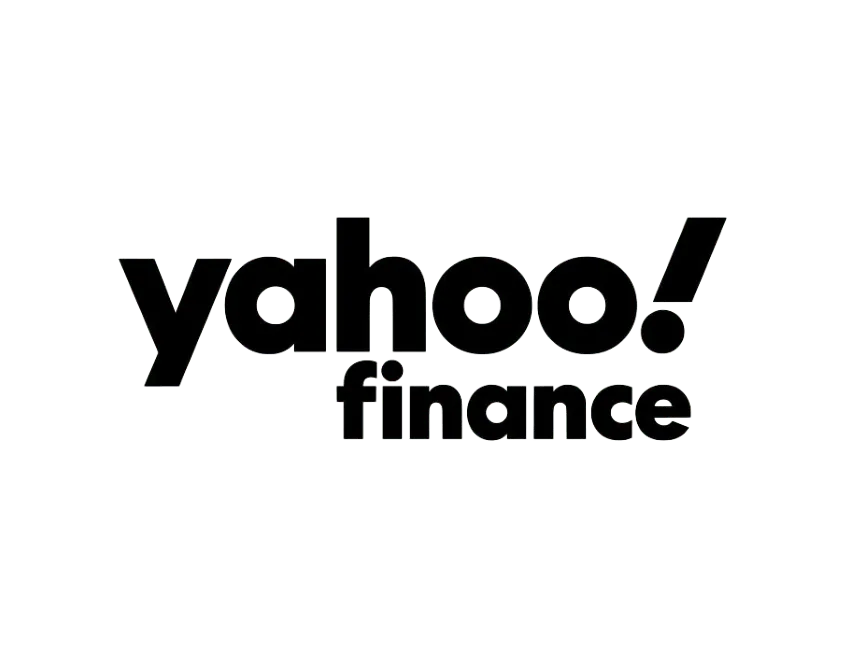



At Second Start Financial, we are dedicated to helping you regain control of your life. Our mission is to provide you with effective debt relief solutions that address your unique financial situation.
At Second Start Financial serves the following States only:
Alabama | Alaska | Arizona | Arkansas | California | Colorado | Florida | Georgia | Idaho | Illinois | Indiana | Iowa | Kentucky | Louisiana | Maryland | Massachusetts | Michigan | Mississippi | Missouri | Montana | Nebraska | Nevada | New Jersey | New Mexico | New York | Ohio | Oklahoma | Pennsylvania | South Dakota | Tennessee | Texas | Utah | Virginia | Wisconsin
Disclaimer:
Second Start Financial Inc is not a Broker or Lender. The role of Second Start Financial is to connect potential borrowers with lenders and financial service providers. Second Start Financial does not provide credit offers or solicit lending. The website and its operators solely offer a connection/matching service and are not agents, representatives, or brokers of any lender. They do not make credit decisions and do not charge potential borrowers for any loan or product.












